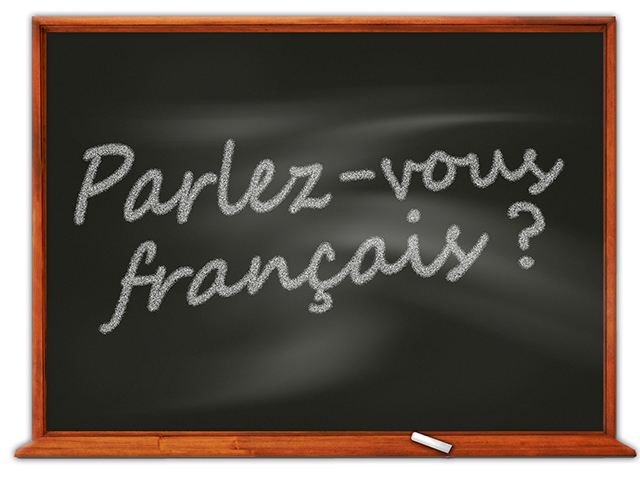By Tamra Badgett
French Teacher, Lakehill Preparatory School
Nelson Mandela said, “If you talk to a man in a language he understands, that goes to his head. If you talk to him in his own language, that goes to his heart.”
Each year, I like to tell my beginner French students a story, one whose message applies specifically to them and one that proves true Mandela’s wise words. Let me share it with you.
While living in Toulouse, France, I had an experience that transformed my perspective on language learning. One day, I stood in the plaza gazing across at a bank of brick buildings. My GPS had falsely said that the electric company, which I desperately needed, should be exactly where my eyes now found nothing but apartments and store fronts. Helpless, I glanced around at the confident citizens of the town, intimidated at the idea of having to converse with one of them to solve my dilemma.
Although I spoke French, according to my bachelor’s degree, I didn’t. My type A personality had convinced me that I had no business speaking the language if I couldn’t do so with near perfection, so I listened, I read, I wrote, and I avoided speaking whenever possible.
Nearby in the plaza, an older gentlemen stood seemingly waiting for someone to join him. Of all the individuals hurrying this way and that, he looked the most friendly. Tap, tap. “Monsieur, je suis désolée mais pouvez-vous me donner de l’information?” The man looked at me kindly but motioned to his ear and shook his head. I began to repeat myself, more loudly this time. The gentleman stayed my gesturing hands with his own, smiled almost wistfully, and again shook his head. With hesitancy, I bent the fingers of my right hand into the word, “Aidez?” The gentleman’s countenance brightened and his eyes grew round. I had spoken in his own language–not French, but sign language. With my extremely basic ASL, I asked the man if he knew directions to the electric company. To match my basic finger spelling, he answered in simple terms and phrases.
What I learned that day, and the message I share with my beginner French students, is that “the basics” of a language are all that are needed to form a connection and to show compassion and respect for someone. I met the gentlemen in the plaza where he needed with my ASL and he met me where I needed with simple, slow French.
It is my belief that I don’t teach French at Lakehill just so my students can add another skill to their college resumes. No, I teach French so they are equipped with the means to live out our Lakehill mission which states that our students serve with compassion. Armed with just the basics, they can, in fact, form connections and help others in our ever more globalized and diverse society. Visit my beginner French class and you will surely overhear incorrectly conjugated verbs, franglais, anglicismes, and bizarre circumlocation. You will hear the students learning to connect with others, and I think that is a beautiful sound indeed.
